Legal experts weigh in on Florida shooting suspect's future
Nikolas Cruz, 19, has been charged with 17 counts of premeditated murder.
— -- As Nikolas Cruz, the teenager accused of gunning down 17 people at a Florida school last month, spends his days behind bars in South Florida, his future is undecided.
ABC News senior legal correspondent and analyst Sunny Hostin laid out three possibilities for the teen: serving the rest of his life in a prison, being sent to a mental institution [if found to be mentally ill] or receiving the death penalty.
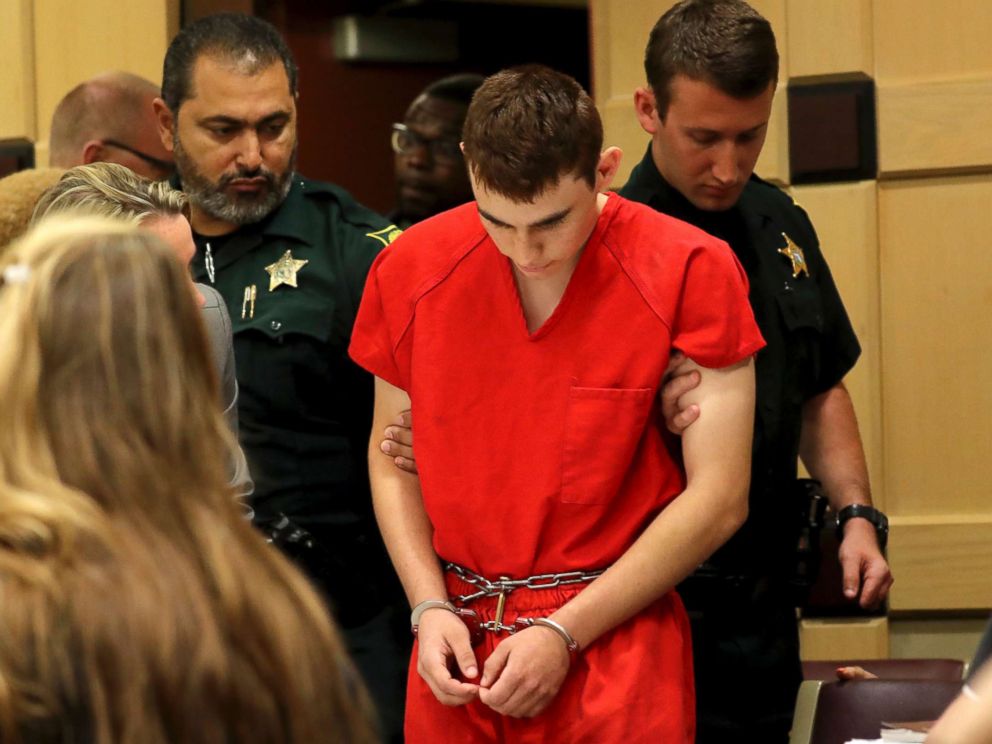
The grand jury
A grand jury is the first step in the judicial process for Cruz, 19, who was arrested on 17 counts of premeditated murder after the Valentine's Day massacre at Marjory Stoneman Douglas High School.
The prosecution will present evidence to a secret panel of grand jurors who will decide if there is enough evidence for an indictment.
The grand jury is usually "just the prosecutor presenting evidence to a jury of generally 23 people," Hostin said. "There is no defense attorney providing another side."
The Marjory Stoneman Douglas High School shooting and aftermath
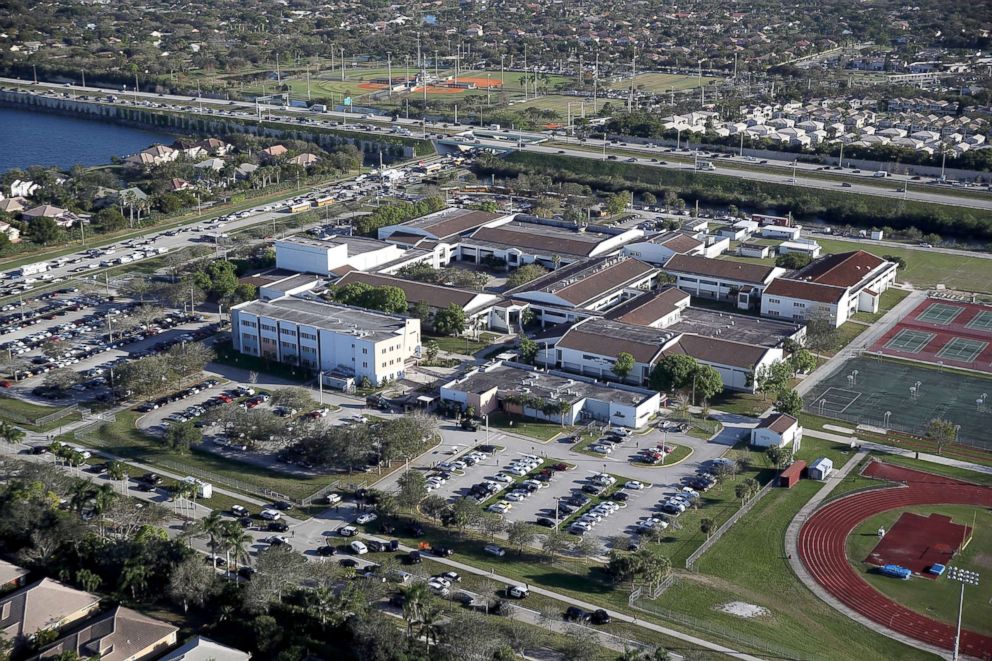
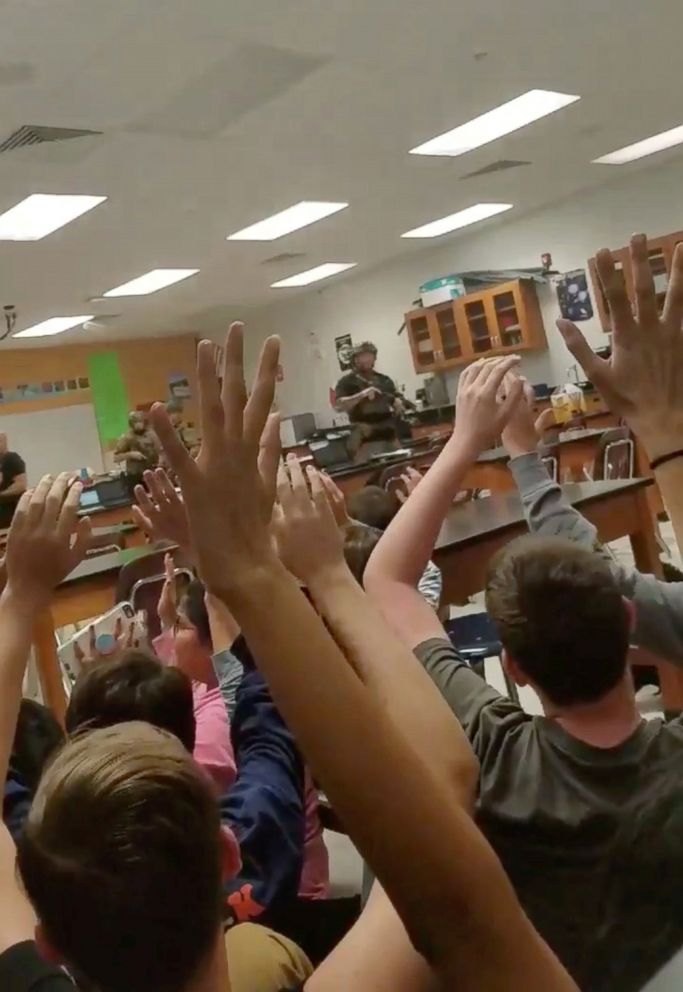
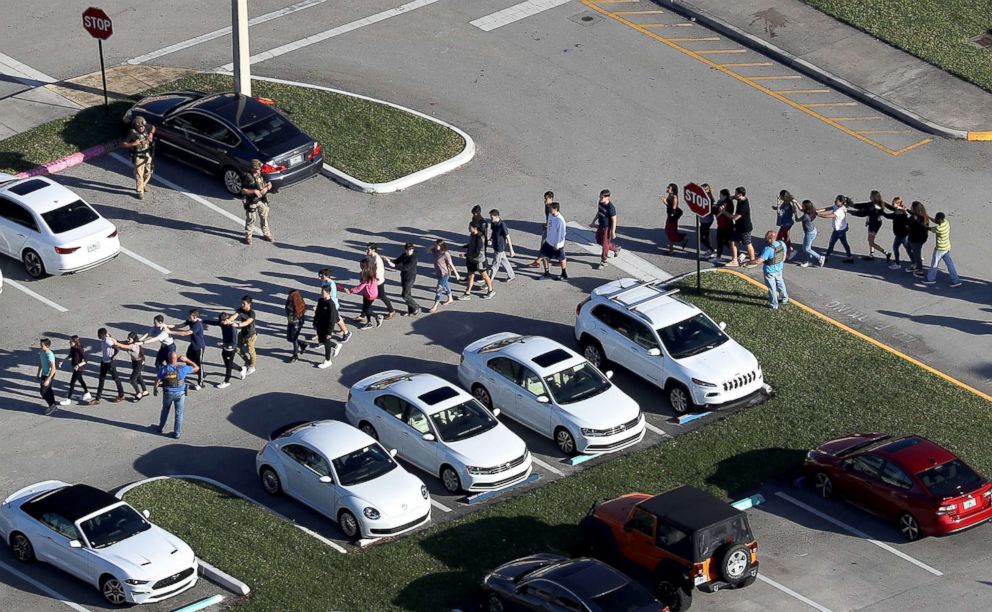
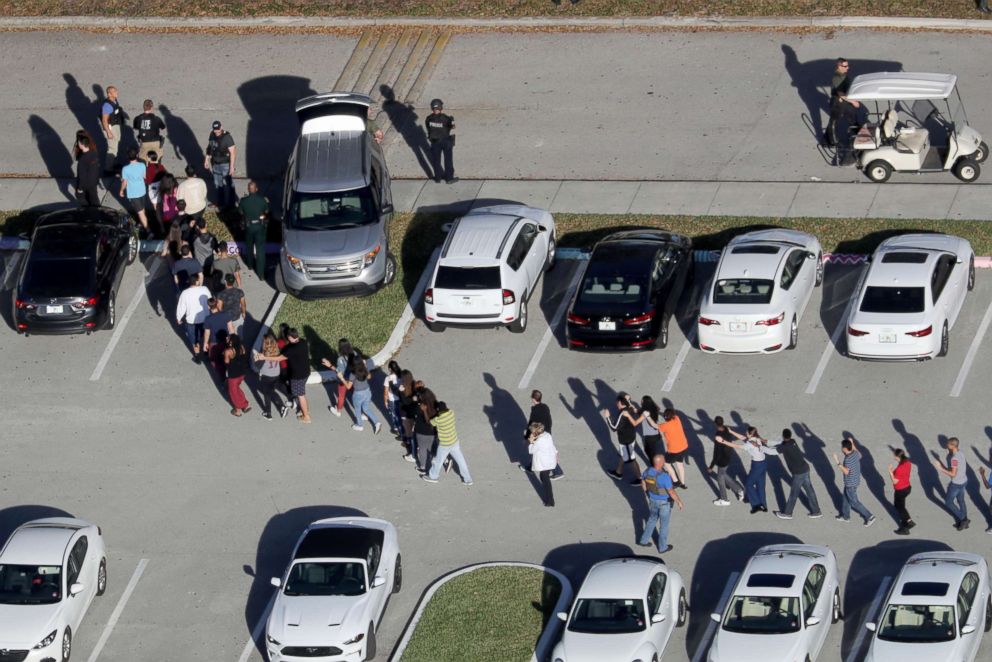
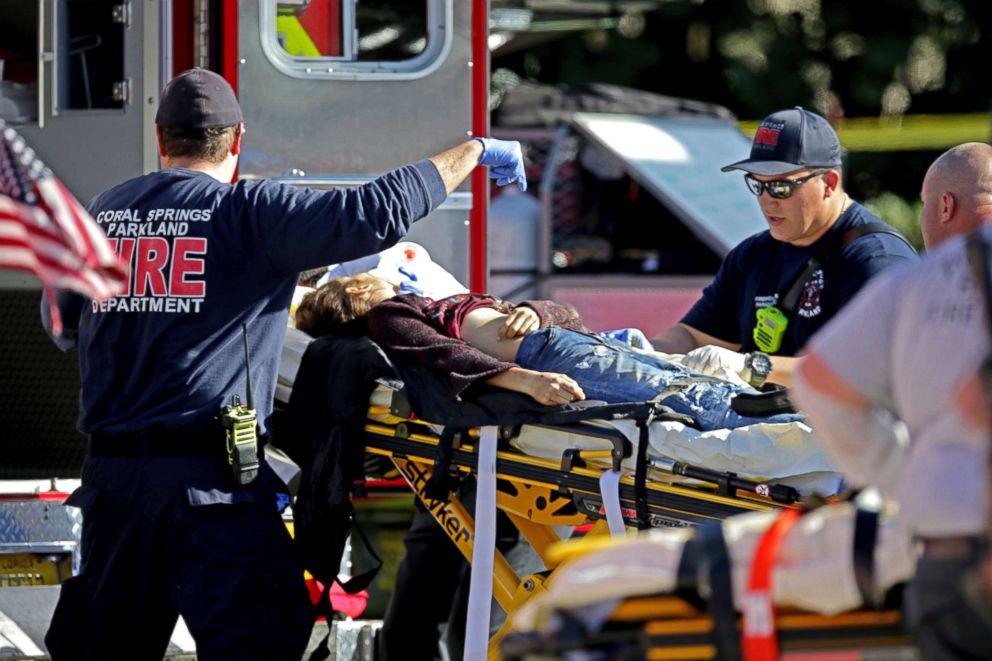
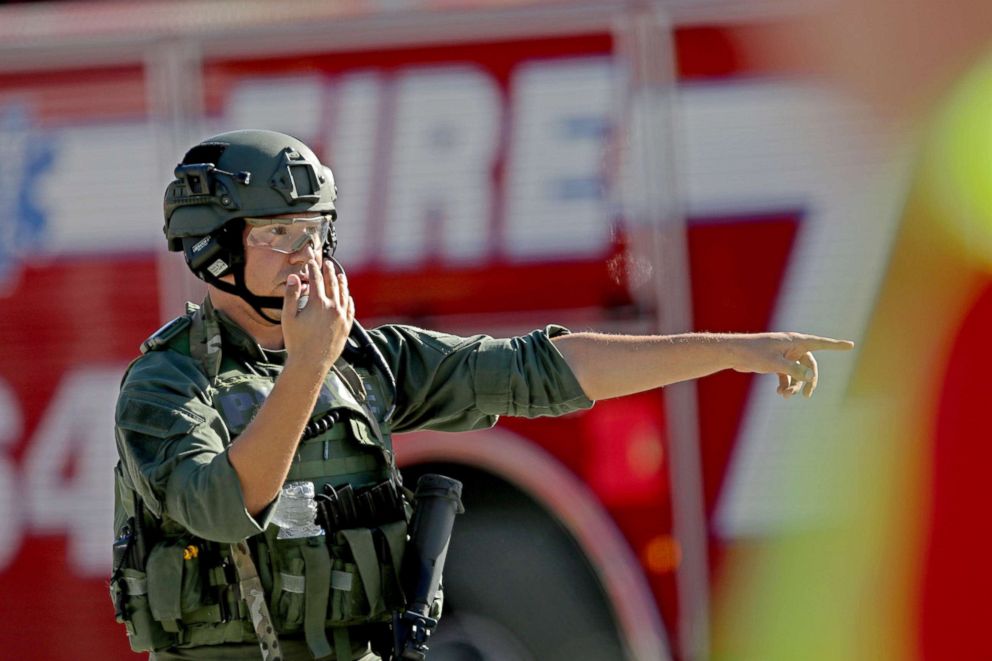
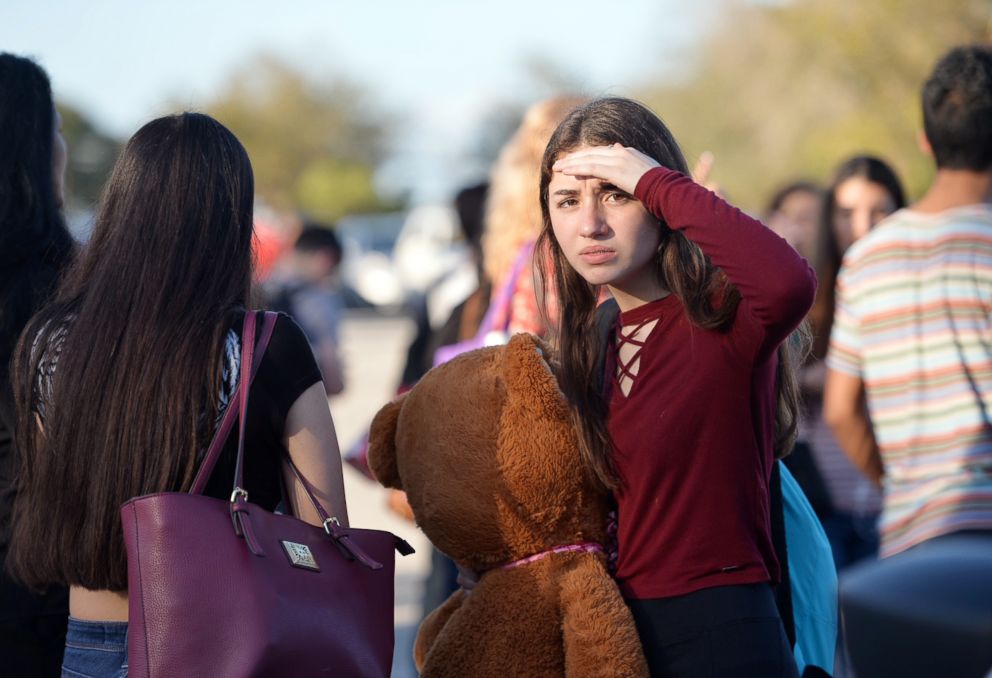
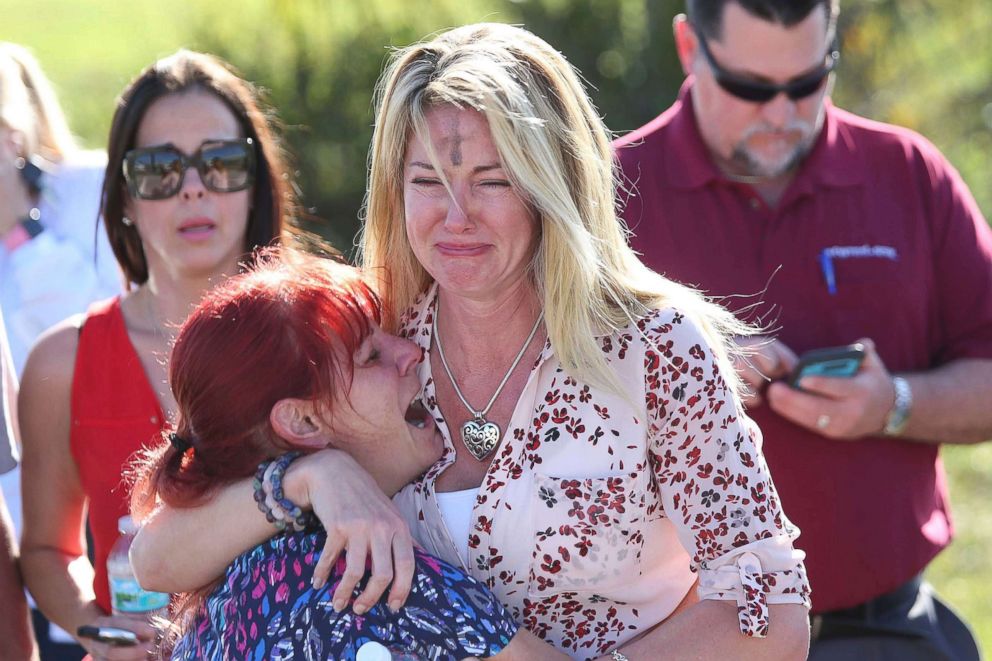
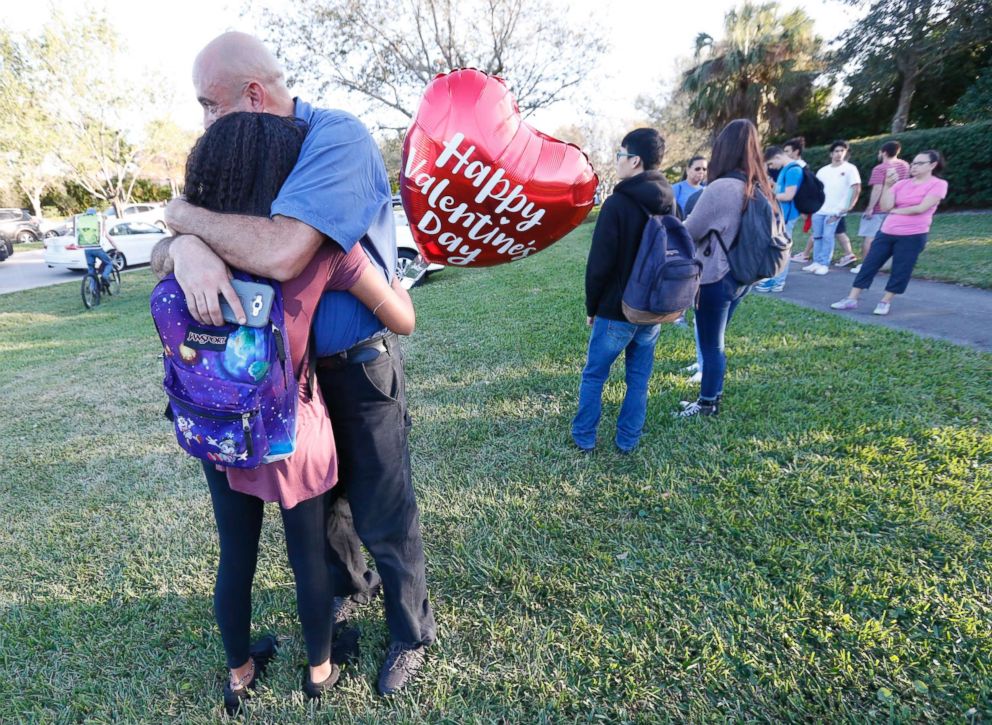
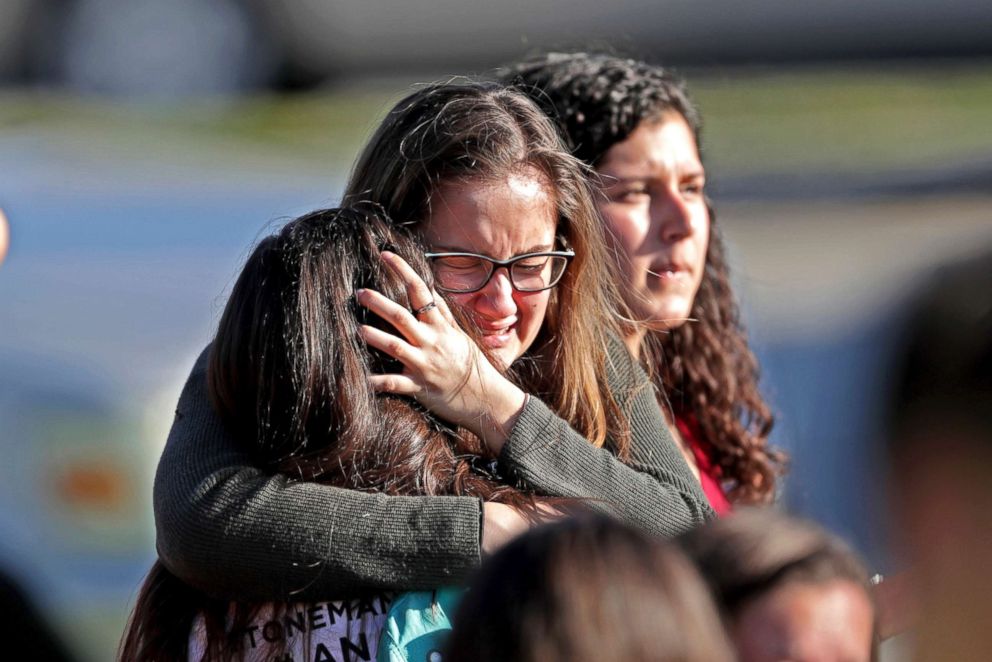
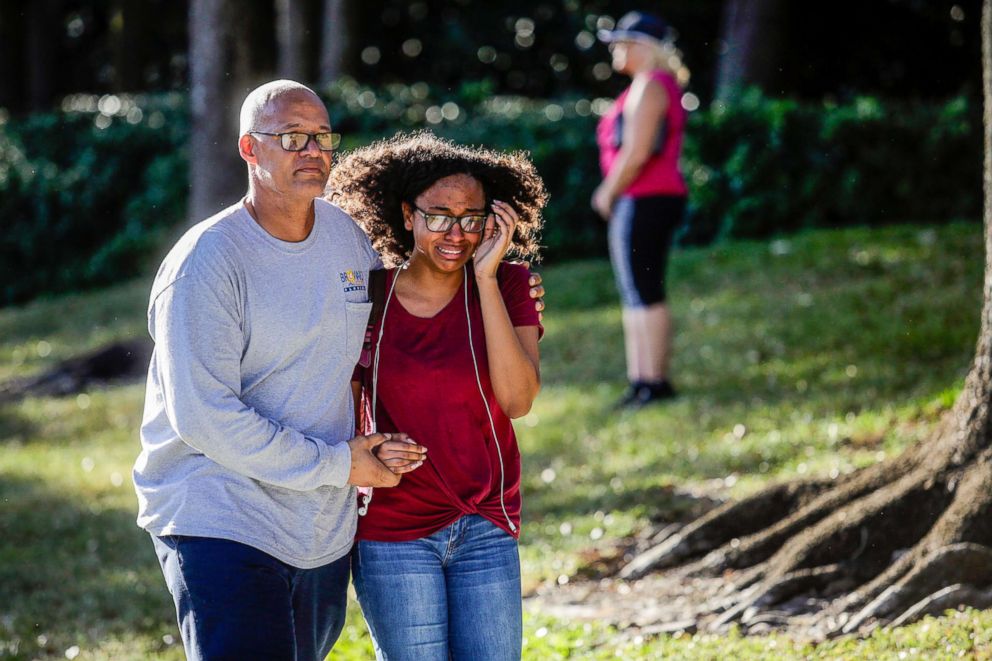
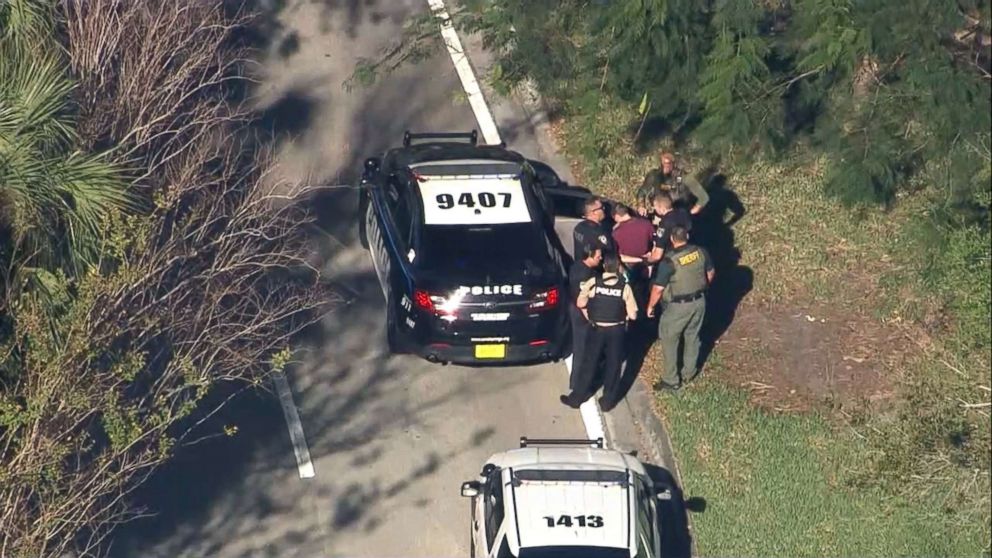
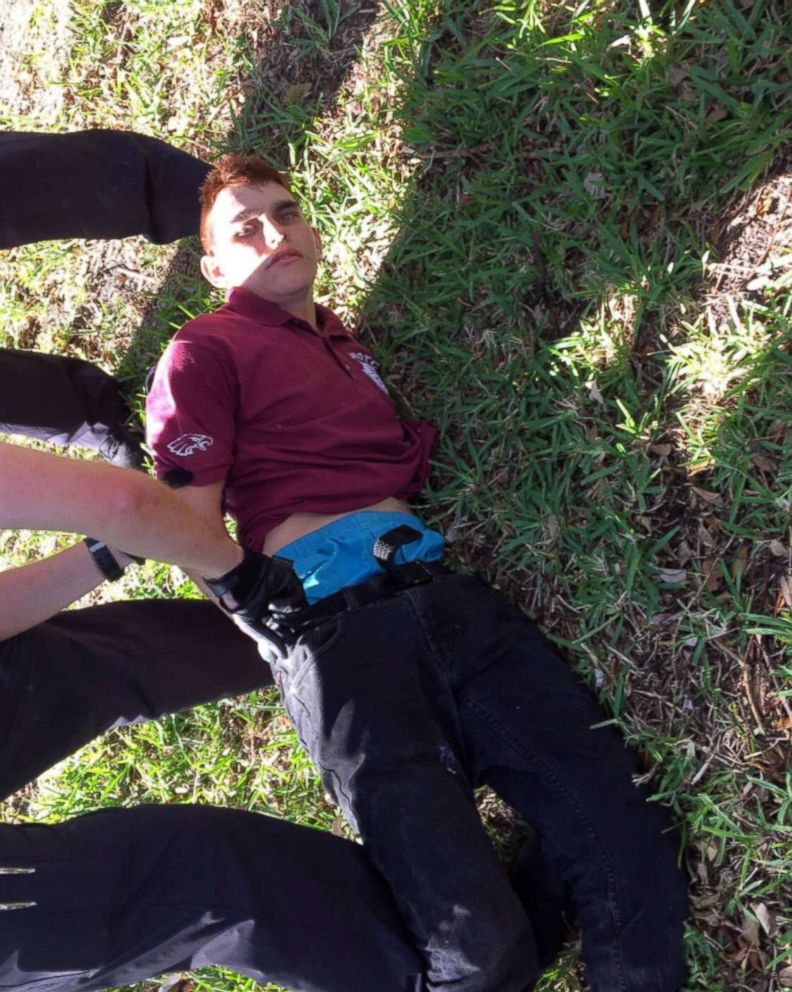
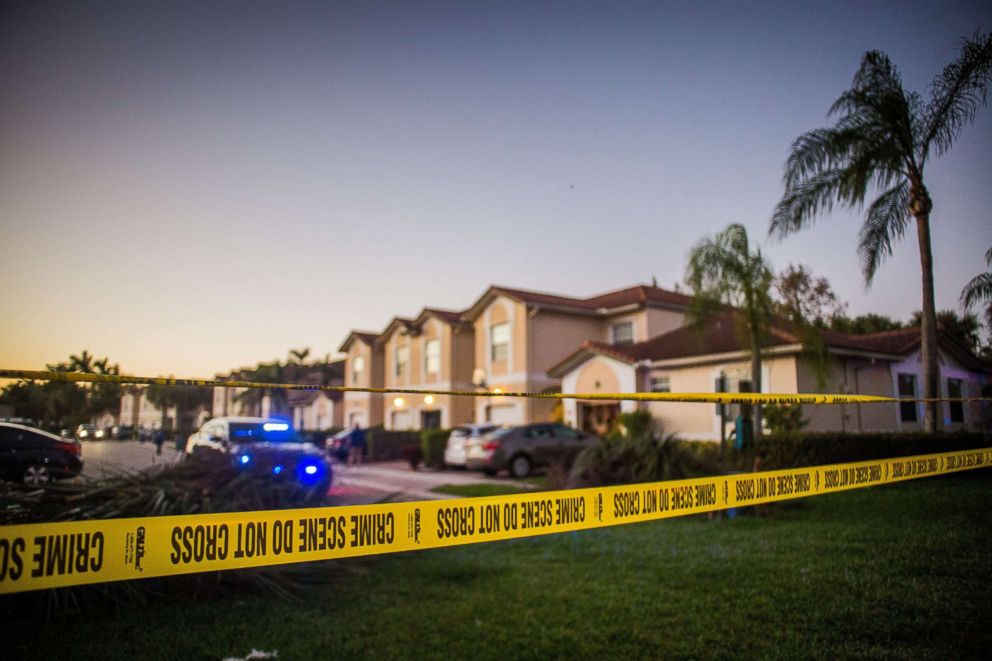
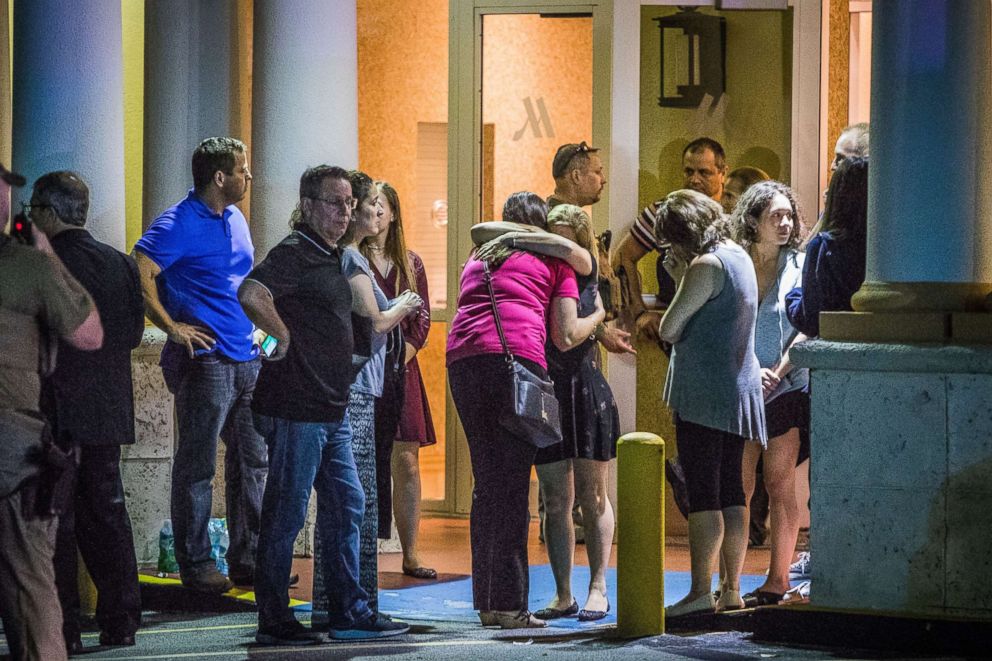
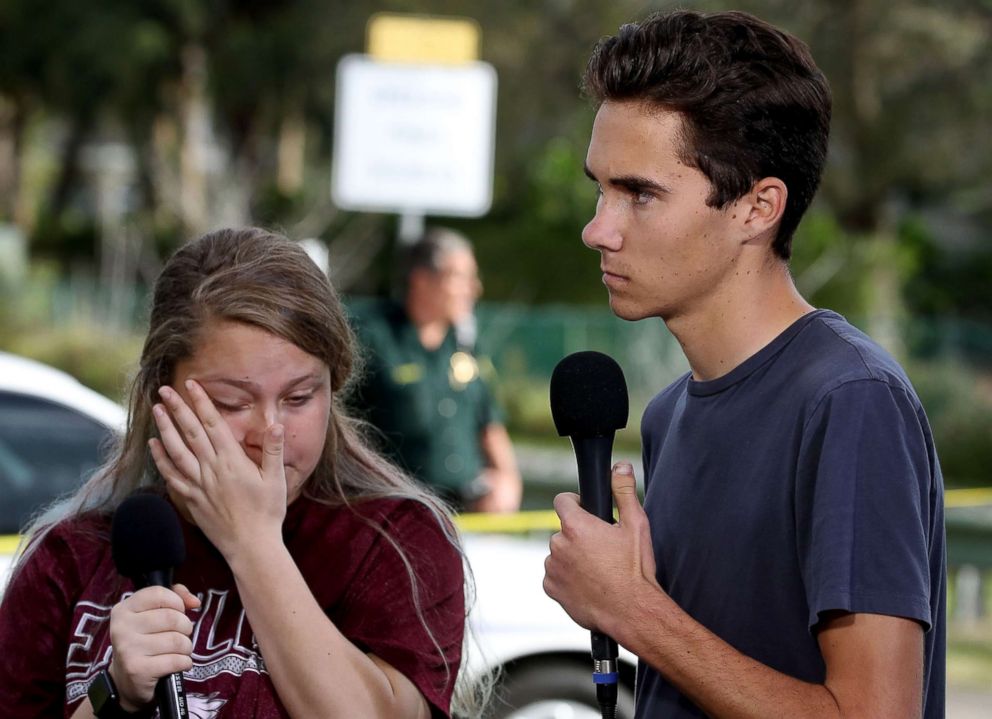
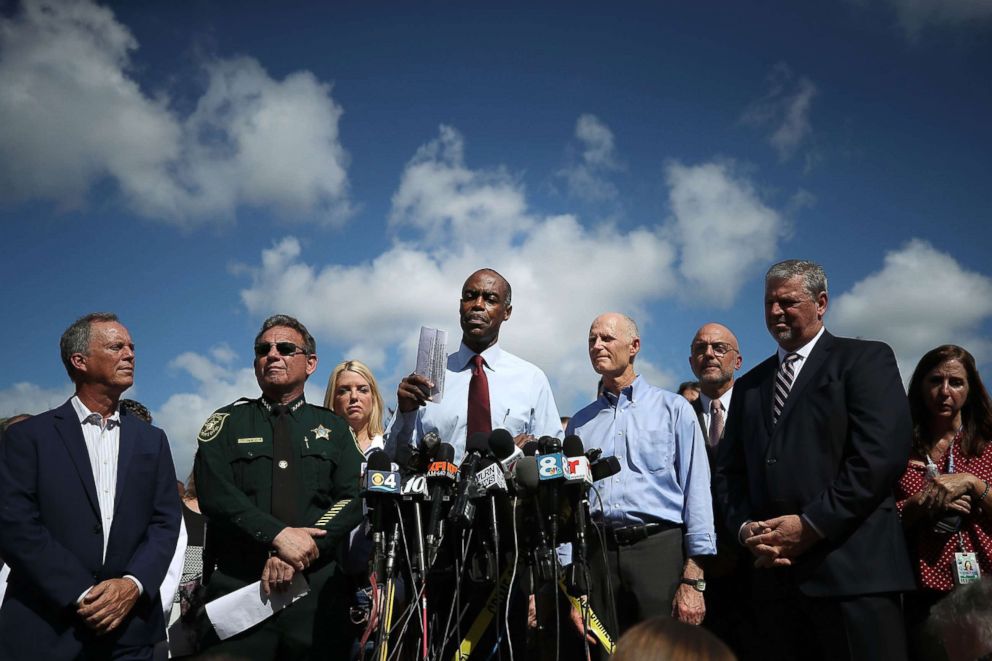
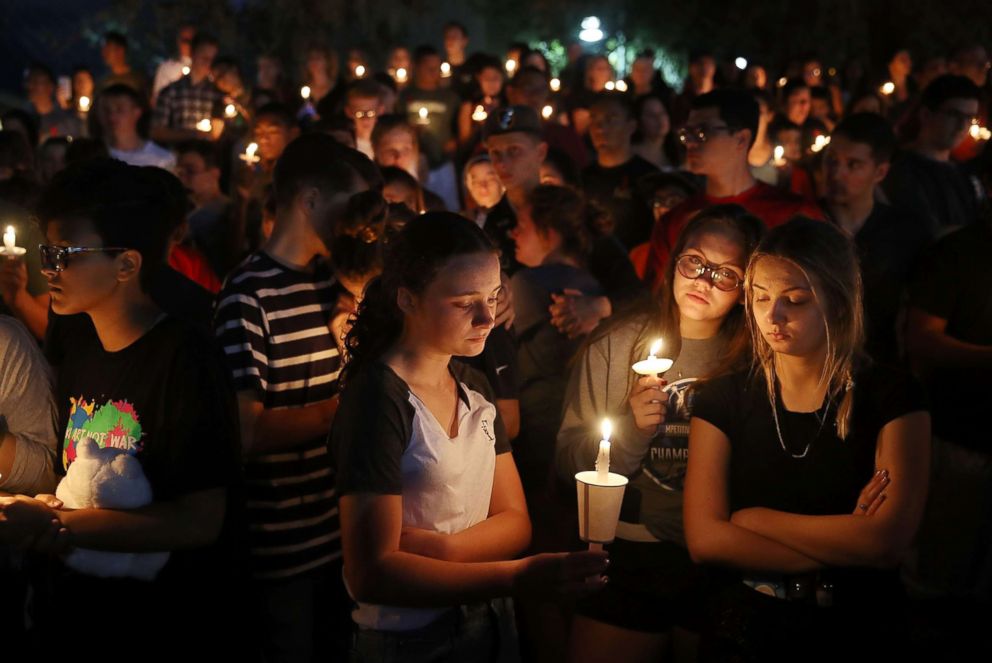
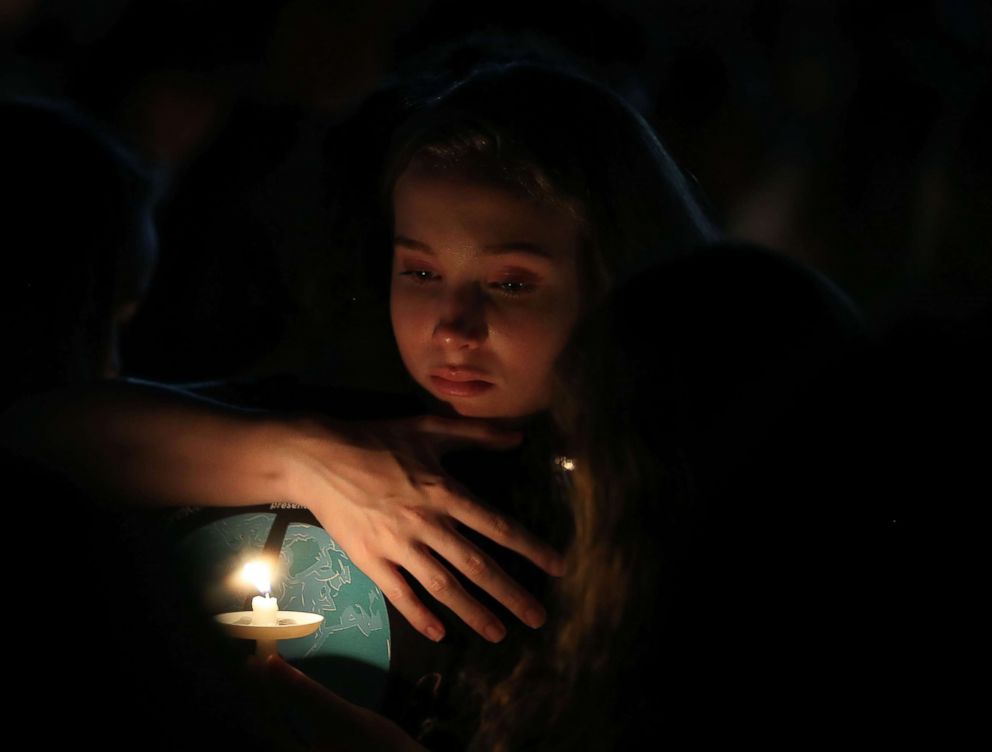
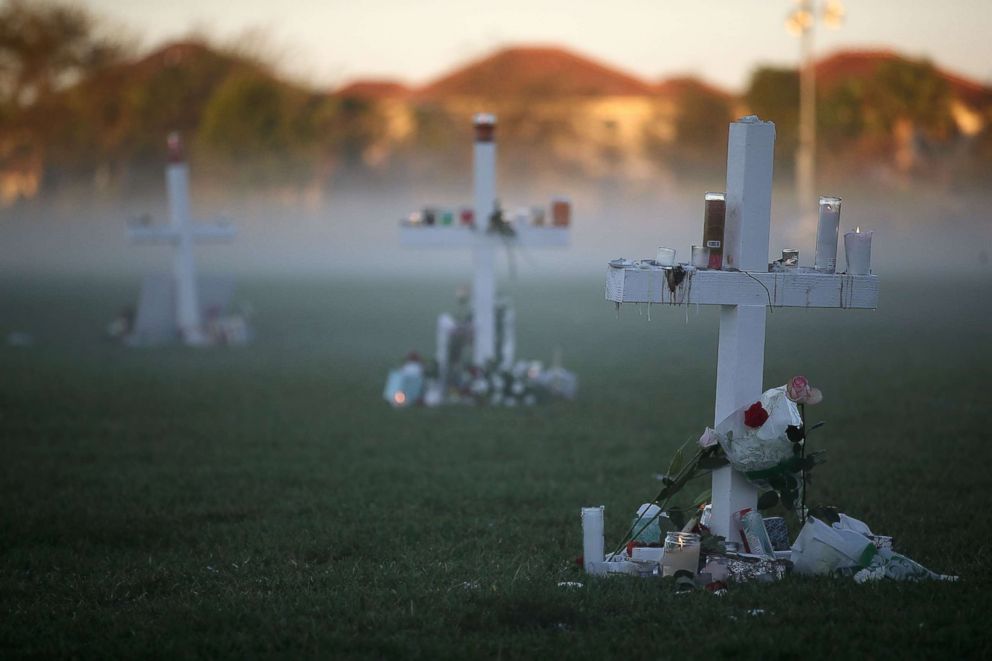
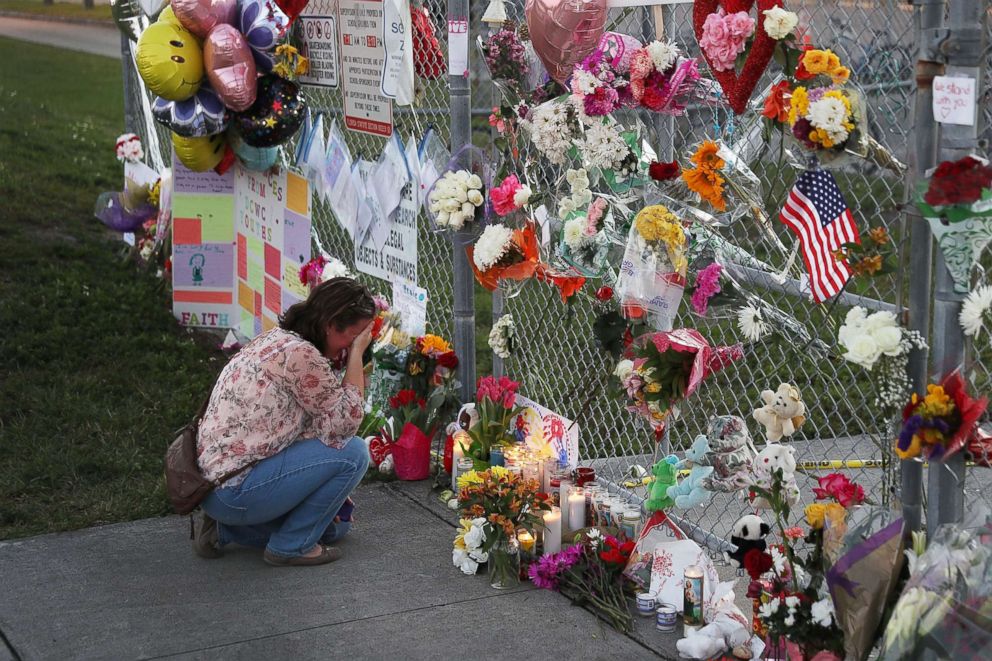
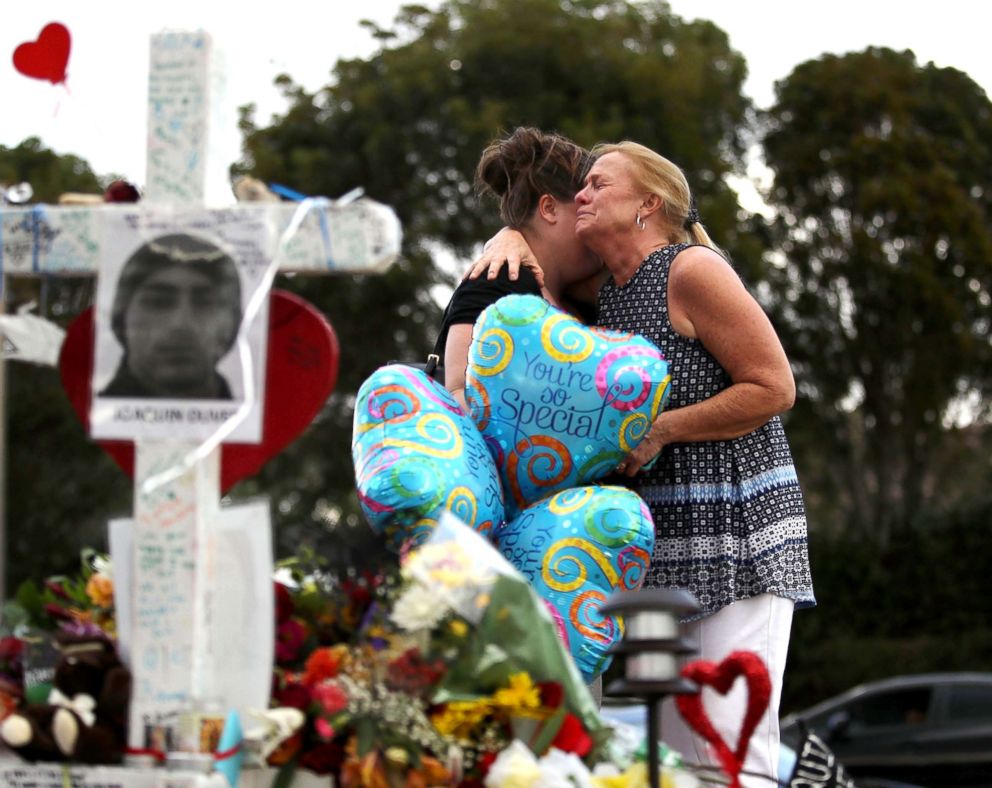
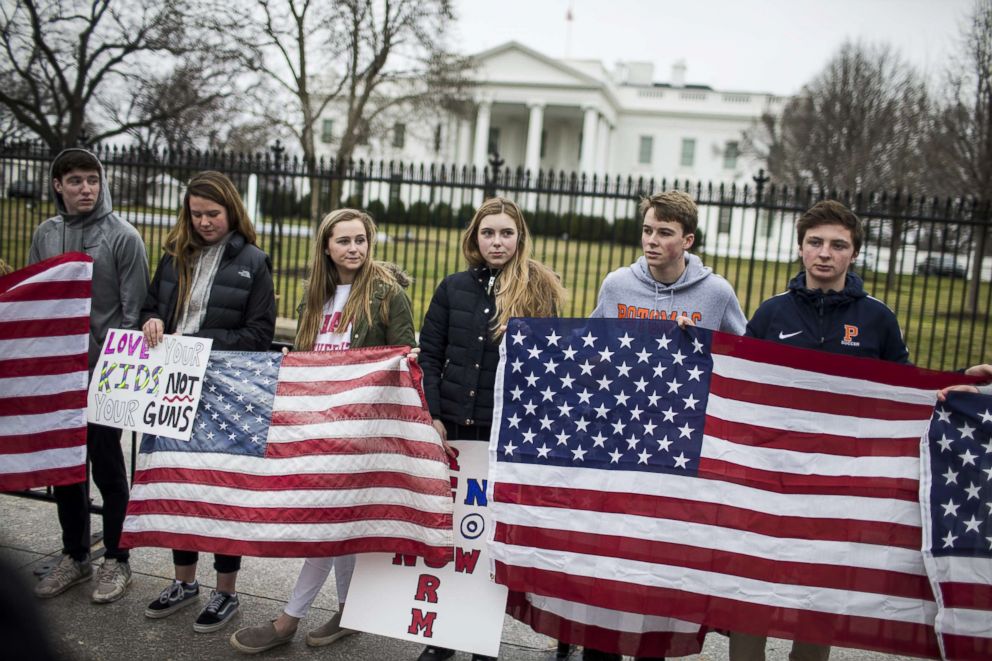
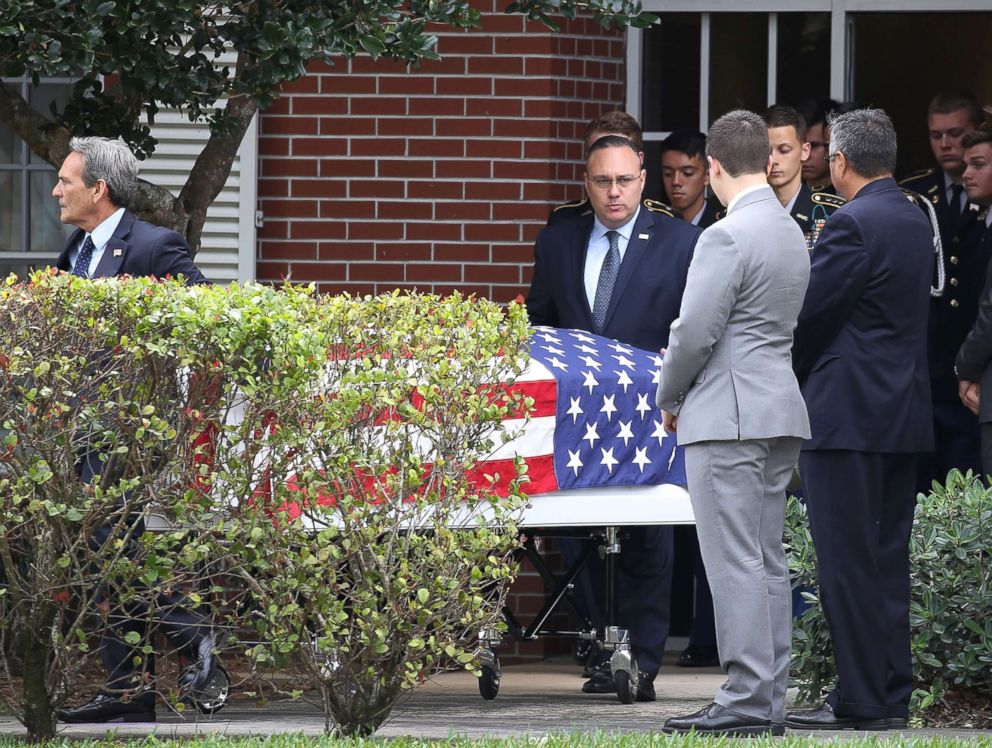
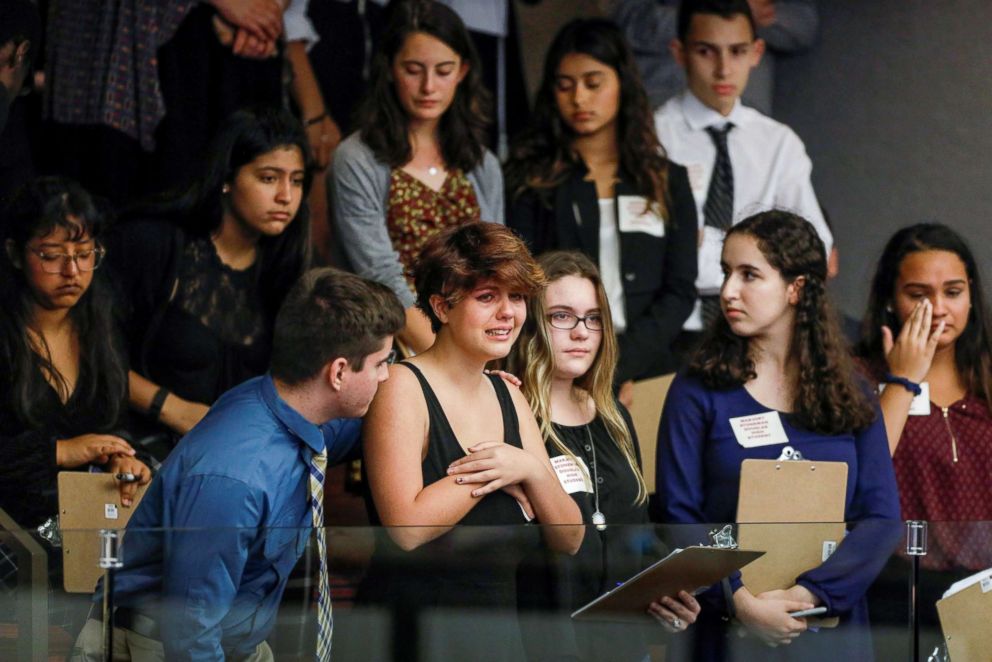
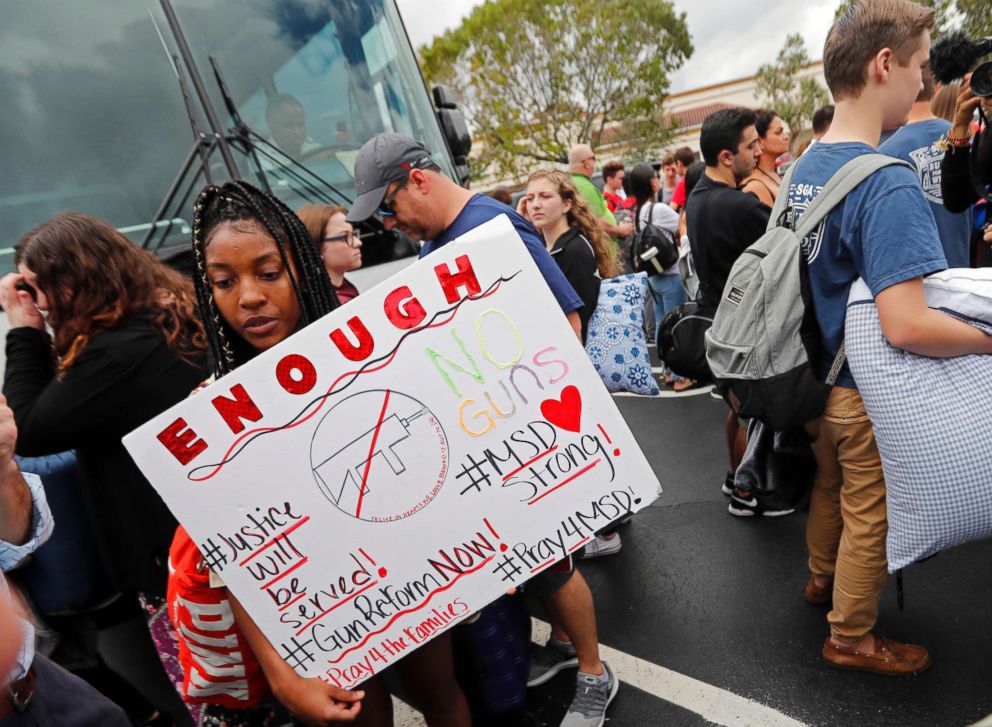
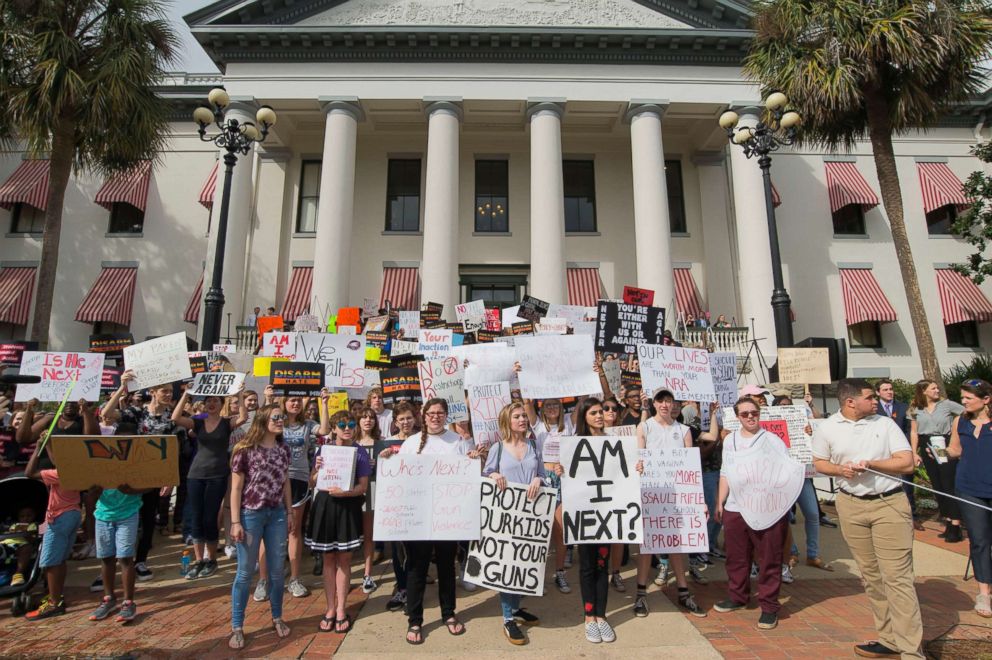
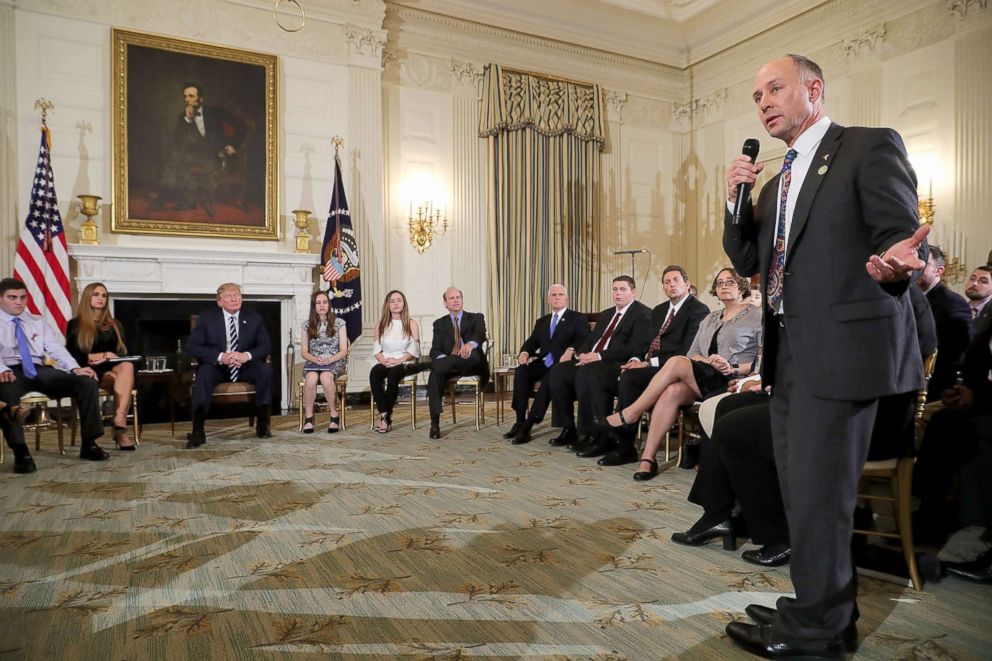
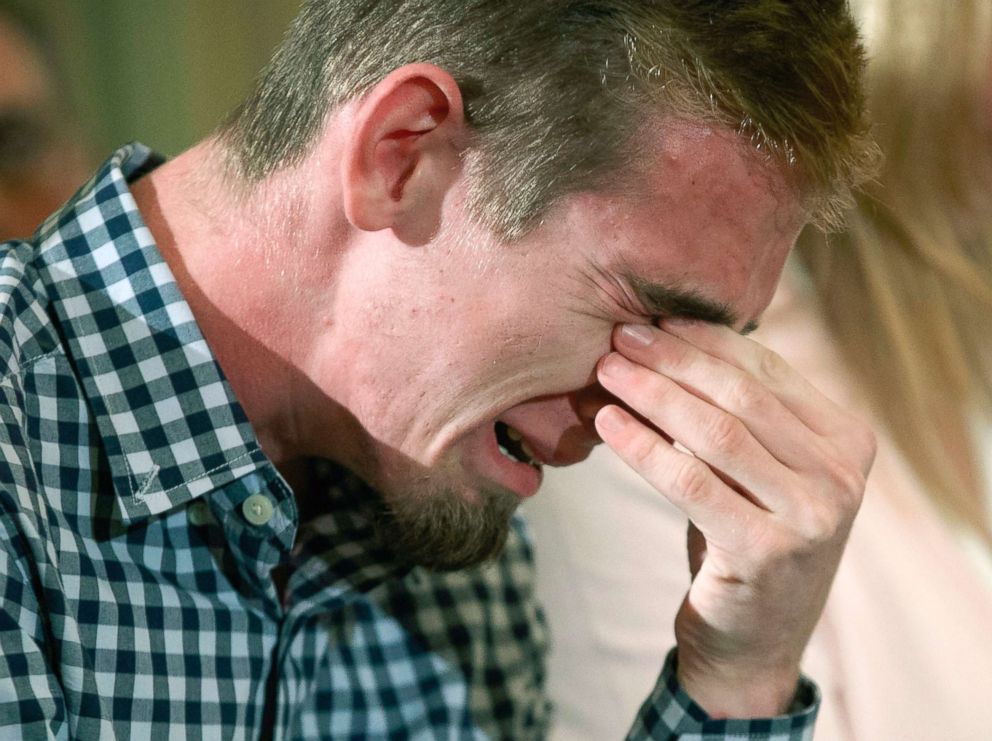
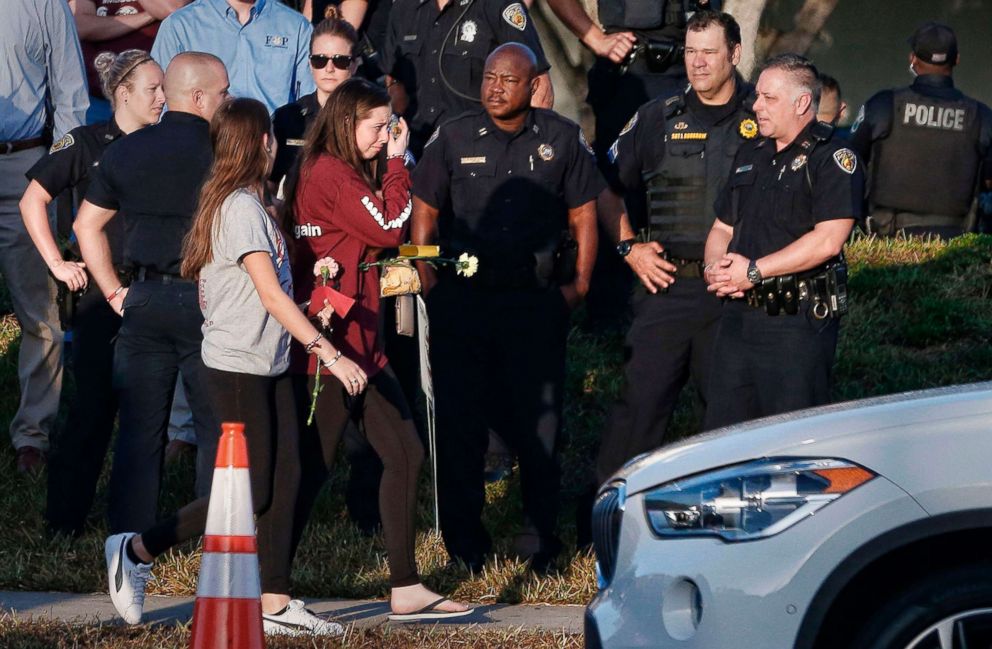
"Typically you have a detective testify, the investigating detective," she said. "I don't think in this type of case you'll have victims' families [testify]. My sense is, because it's so public, you also have a confession from Nikolas Cruz, this is case that is very easily indictable."
"There's no question that he's guilty of these horrible crimes," she said.
According to the Sun-Sentinel, the case may be presented to a grand jury this week.
A potential guilty plea
You want to make sure that the victims' families feel that they have justice.
Days after the shooting, a lawyer for Cruz told ABC News he is willing to have his client plead guilty immediately in return for the prosecution agreeing to take the death penalty off the table. Cruz would instead have a life sentence, said Broward County public defender Howard Finkelstein.
Hostin said one factor into this decision may be if the victims' families agree to the plea.
"Florida does have the death penalty and oftentimes when you are a prosecutor handling a case like this ... that is so emotionally charged with so many victims' families, you want to make sure that the victims' families feel that they have justice," Hostin said.
She continued, "My guess is the prosecutors will consult with the victims' families, they'll consult with other prosecutors in the office, certainly they'll consult with ... the district attorney and decide whether or not they're even willing to take the death penalty off the table. That really is the biggest piece of this."
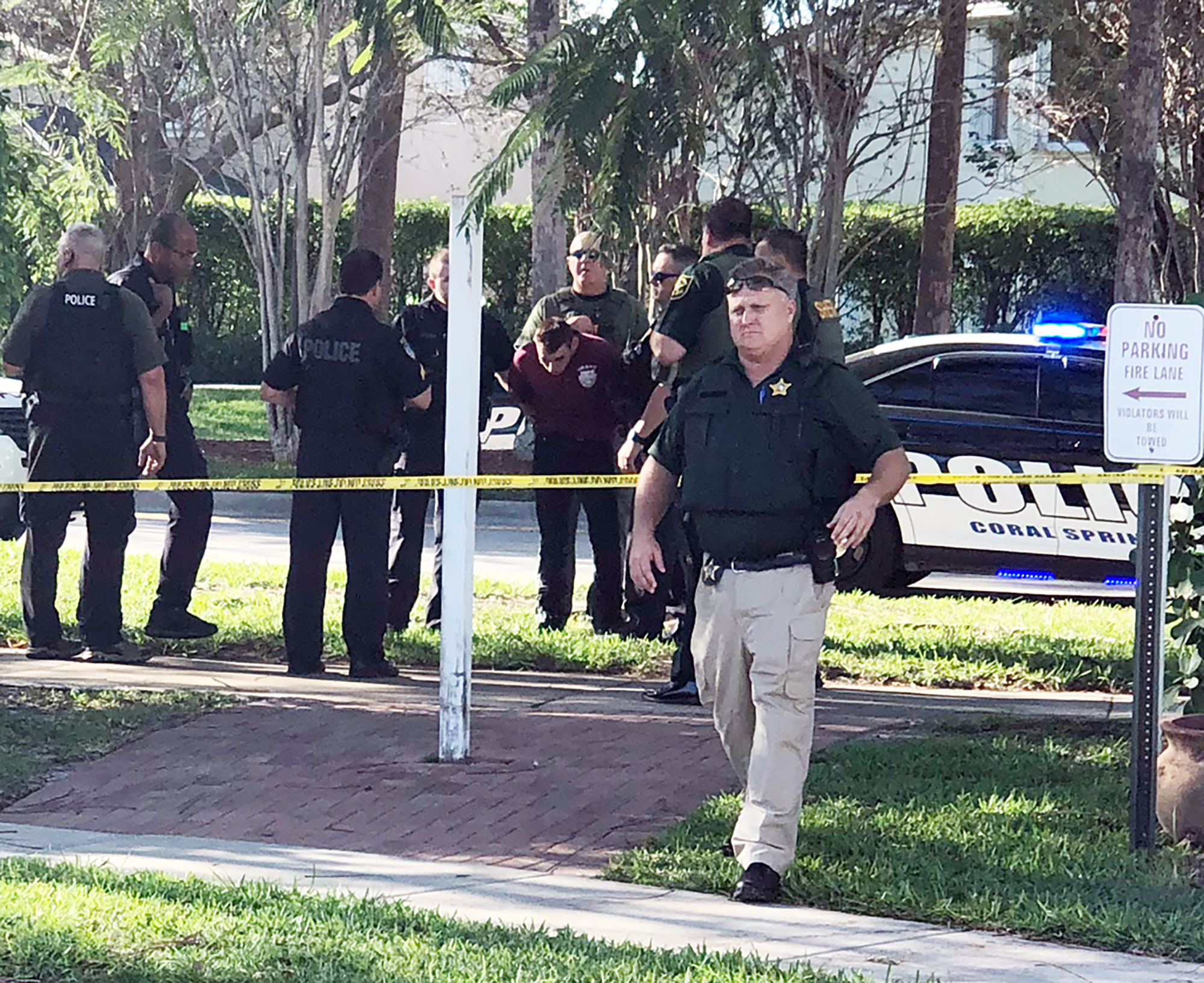
A change of venue?
James Jacobs, a professor of criminal law and criminal procedure at NYU Law School, told ABC News he wouldn't be surprised if a judge ordered Cruz's case be moved to a different district in Florida "because the venue where the massacre took place is just too raw at the present time and too filled with emotion."
However, "the massacre touched off emotions all over the state all over the country. So I'm not sure [the] emotions of the perspective jurors getting in the way of their doing their jobs would be that much lessened in another Florida district," he added.
"If I were the judge," Jacobs explained, "I'd be concerned about the appearance of fairness in the case, and perhaps there's something that would appear unfair and biased about holding a trial -- especially if it's soon -- in the same location where the events took place."
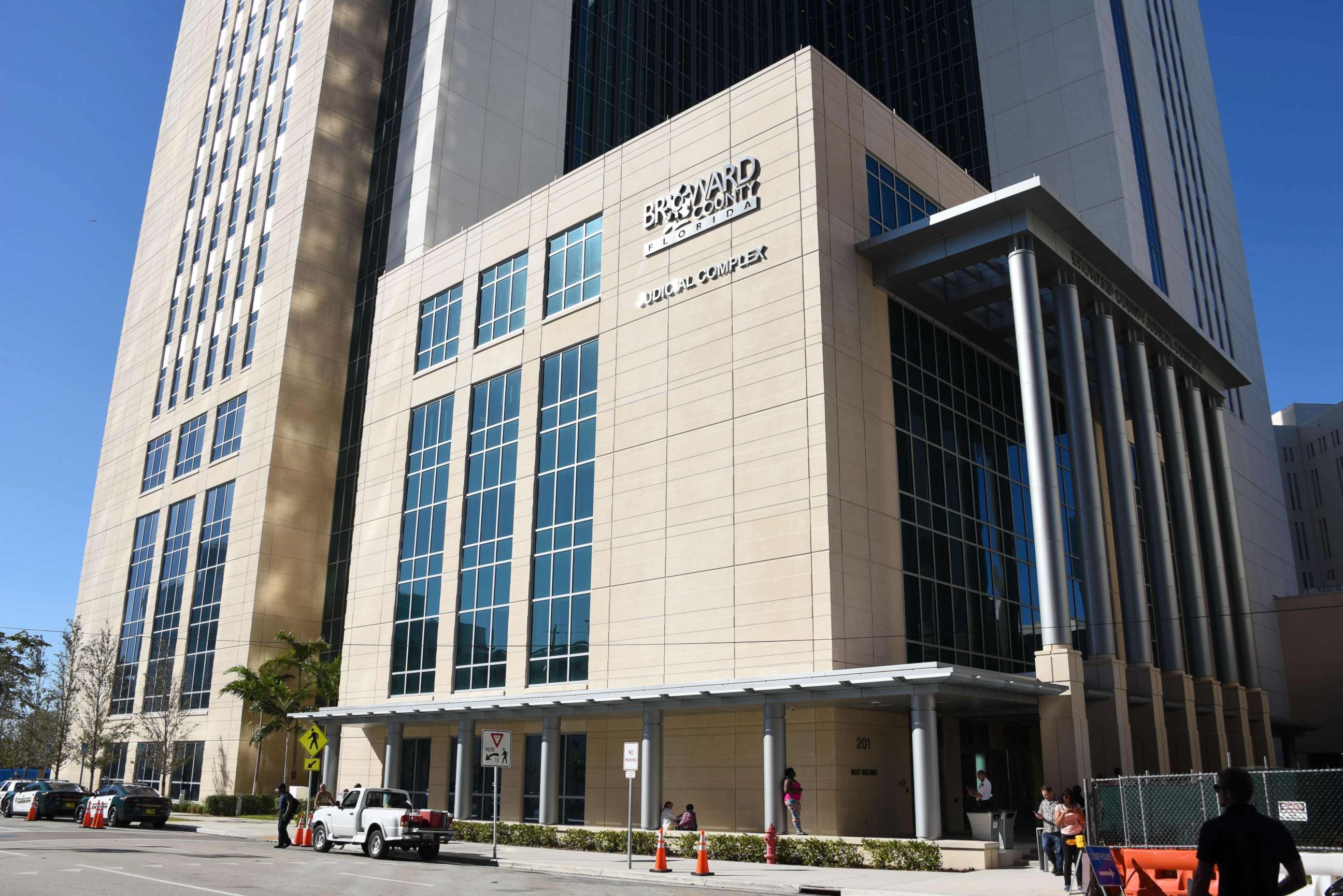
How to find an impartial jury in an emotionally-charged case
Defense attorney Finkelstein argued to ABC News that the benefit of the guilty plea is that it would allow the community to begin the process of healing.
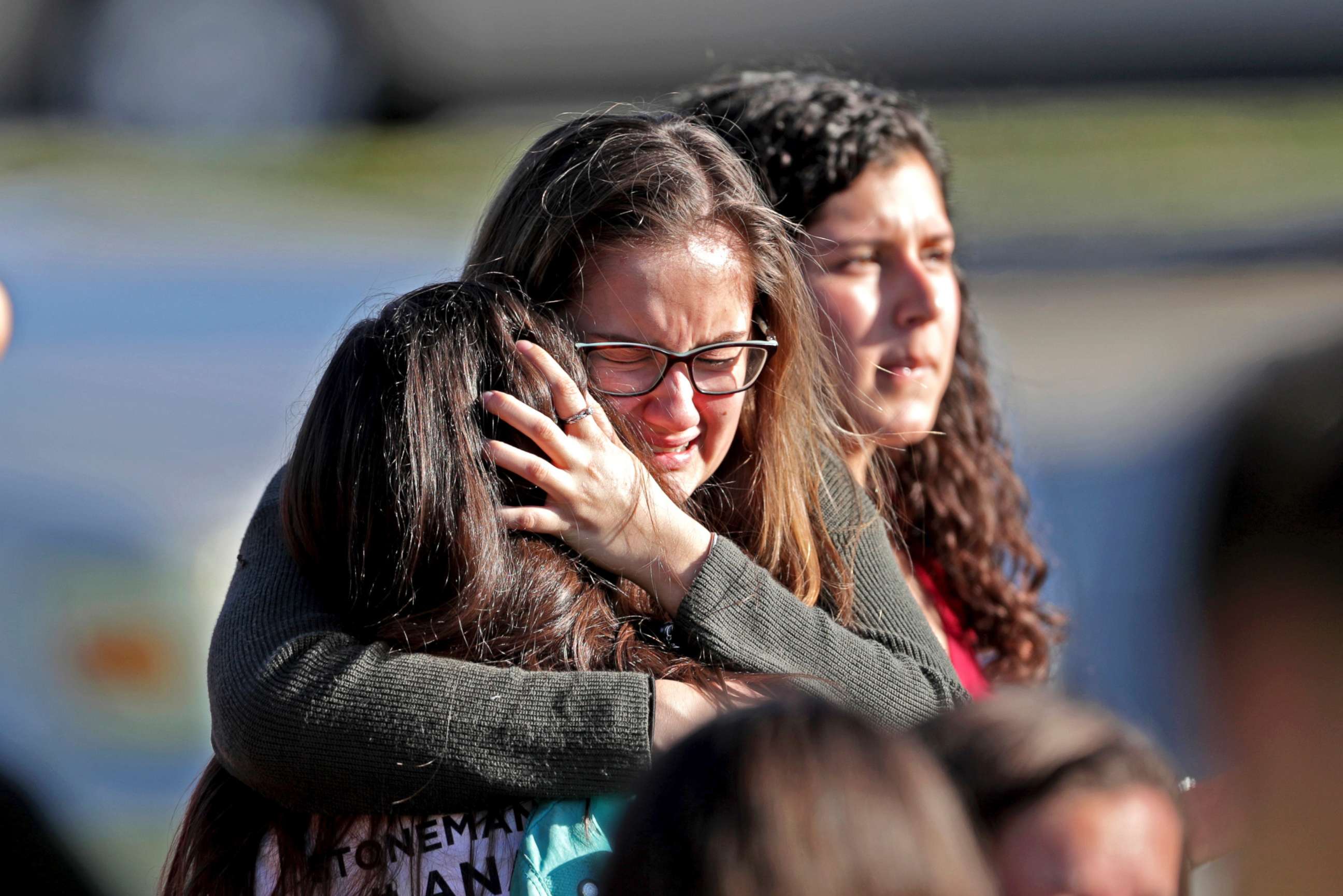
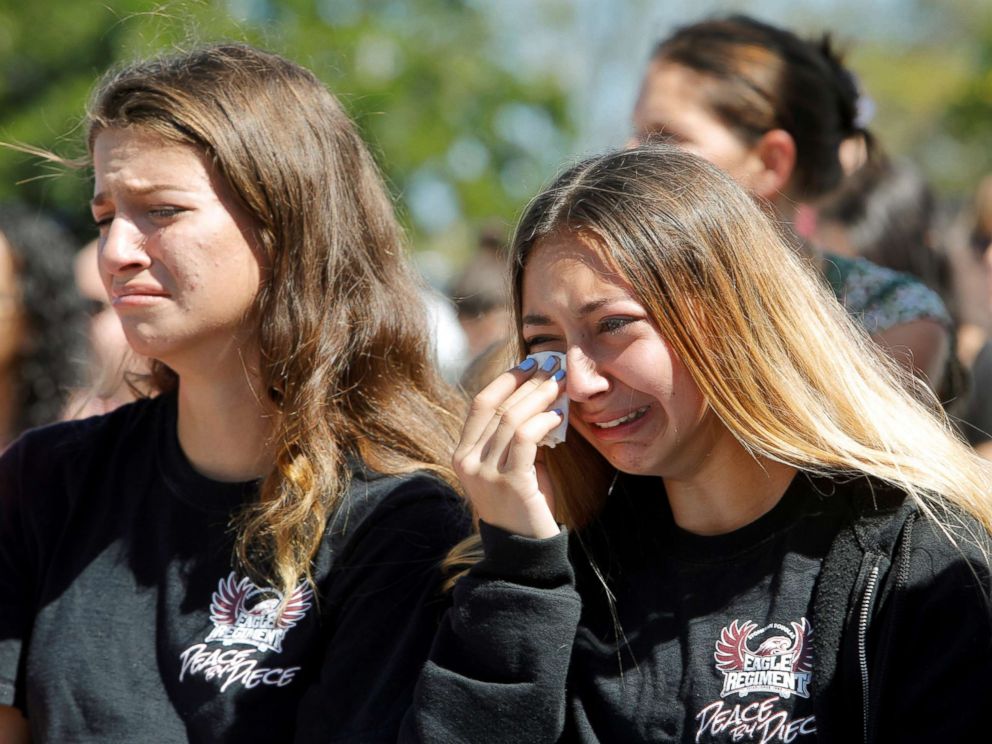
But, if the case moves to trial, the criminal justice system must tackle finding a jury to make an impartial decision in this exceptionally emotionally-charged and high-profile case.
I believe in the jury system and in the people.
Jacobs said the judicial system is based on the belief that citizens will take their responsibilities seriously.
He said potential jurors will be asked "if they can put out of their minds what they've heard and read ... and whether they can base their decision on the evidence that is brought forward in the courtroom."
"If a person answers 'no,' they will be excused from the jury," he said. "If they answer 'yes,' they can be asked more questions to try to draw them out. And in the end I think we will be able to seat a non-biased jury."
He went on, "I believe in the jury system and in the people. And what alternatives do we have? Can we be sure if we didn't use juries, if we used judges, that they, too, wouldn't be moved by any ... biases? All we can ask is people try to do their best and to listen to the evidence and act conscientiously."
Hostin agreed.
"I really am a believer in the jury system," she said. "I think jurors try to get it right."
"You won't find a jury in this country, unless you find people living under rock, that didn't hear about this case," Hostin said. "What you want is a jury that can listen to the evidence and come to a conclusion."
"I think guilt or innocence is not even an issue really. The only issue is whether or not a jury would believe he is mentally ill and thus shouldn't be put to death, or mentally ill and thus should spend the rest of his life in a mental institution, or whether or not he should be put to death. As a prosecutor, what you need to find is a jury that is willing to listen to the facts and evidence and then follow the law."
'Does he live or does he die?'
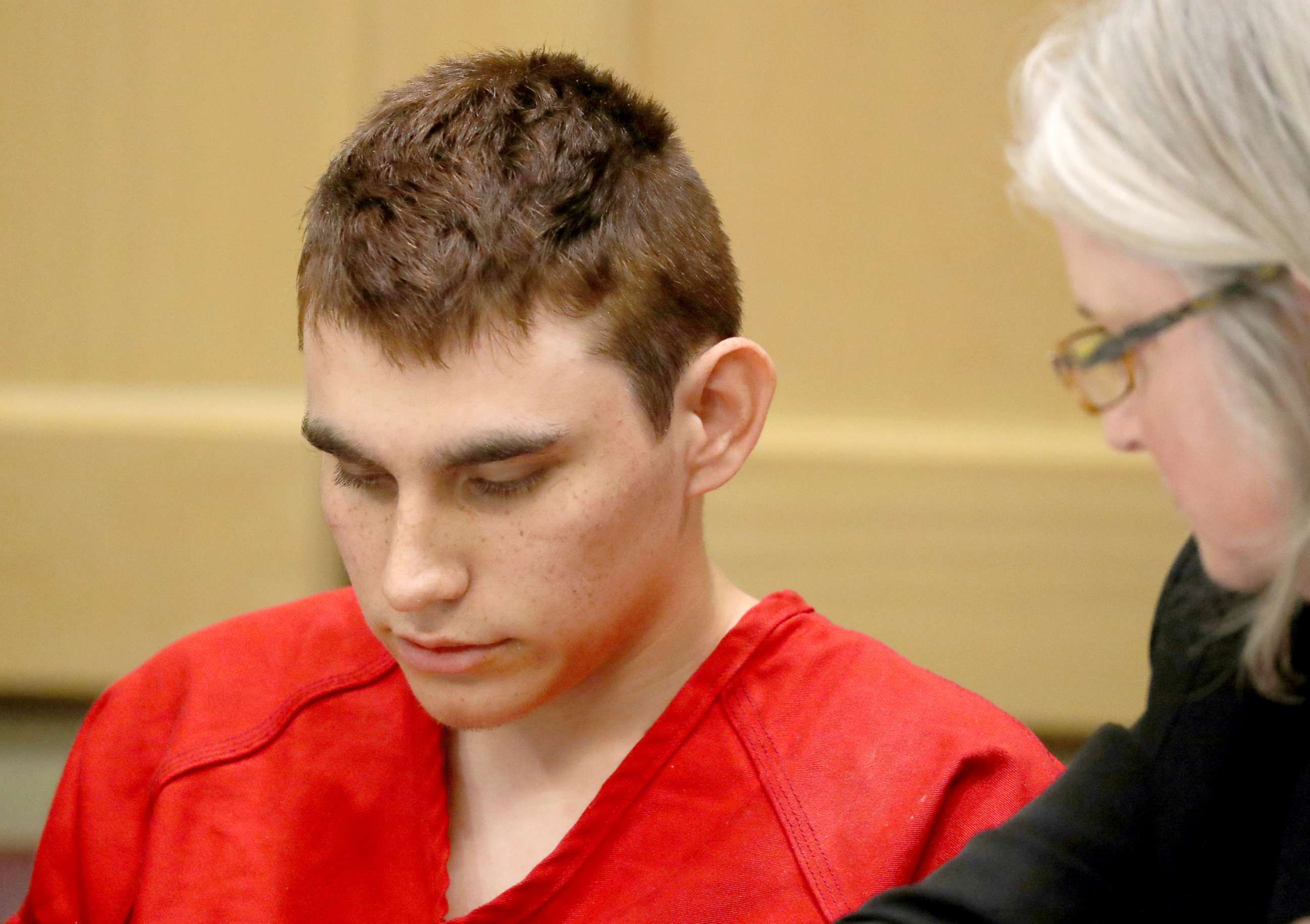
"This is not a case for lawyer games," defense attorney Finkelstein told ABC News after the shooting. The case "comes down to one simple question: Does he live or does he die?” he said.
If the case moves forward to a death penalty trial, Jacobs noted, "the jury has to find aggravating circumstances and weigh them against any mitigating circumstances."
"Here, the aggravating circumstances are clear, because you have so many victims," he said, "and the focus will be on whether there are mitigating circumstances that outweigh the aggravating circumstances. I think those mitigating circumstances will have to do with his personal background, his issues of mental illness and mental and emotional problems, and whether the jury thinks that those were so severe that they outweigh the aggravated circumstances."
Jacobs said he predicts the defense attorneys in an effort to save Cruz's life would "zero in on his mental and emotional condition leading up to and at the time of the massacre" and "bring forward a lot of psychiatric testimony."
"Everybody knows what happened. There’s no question about whether he committed this act. And there’s no question of whether this is the most horrific act ever in Broward County -- it is," Finkelstein said.
Finkelstein added, "We have an opportunity to begin to put this behind us, to help the victims’ families as much as we can and begin to heal as a community."
ABC News' Josh Margolin contributed to this report.




